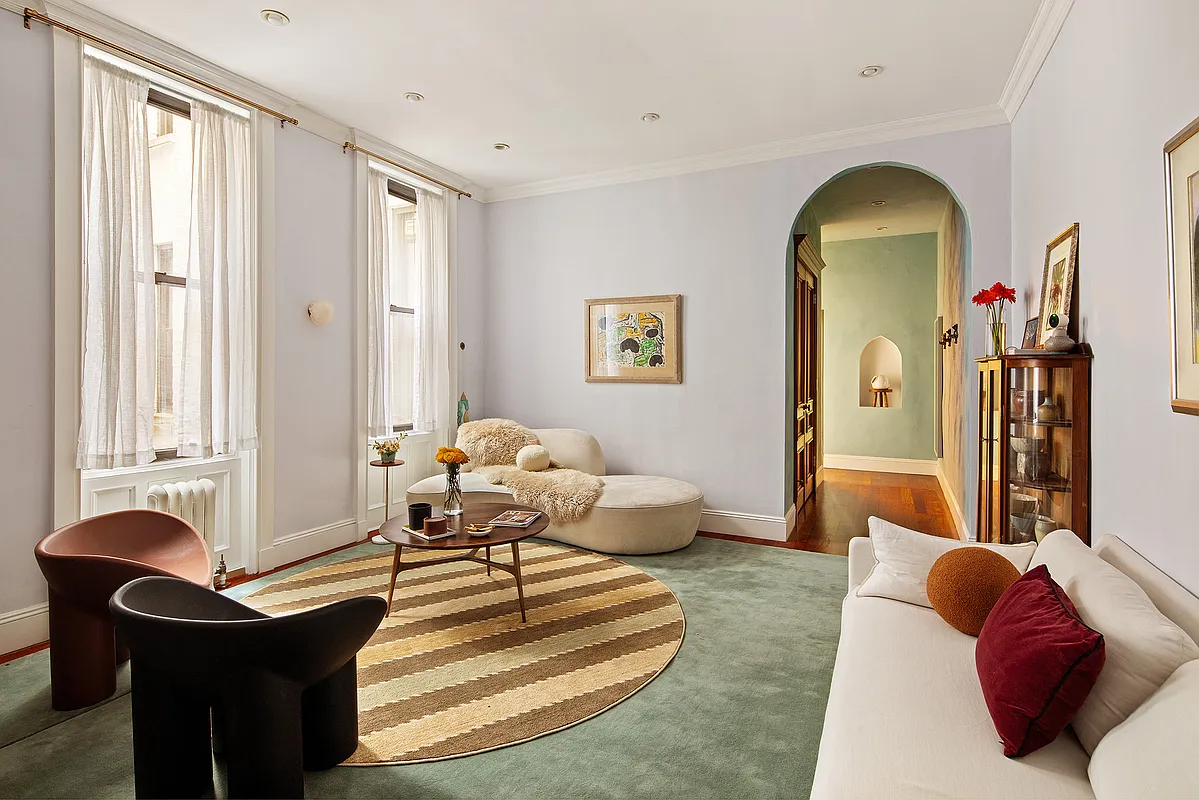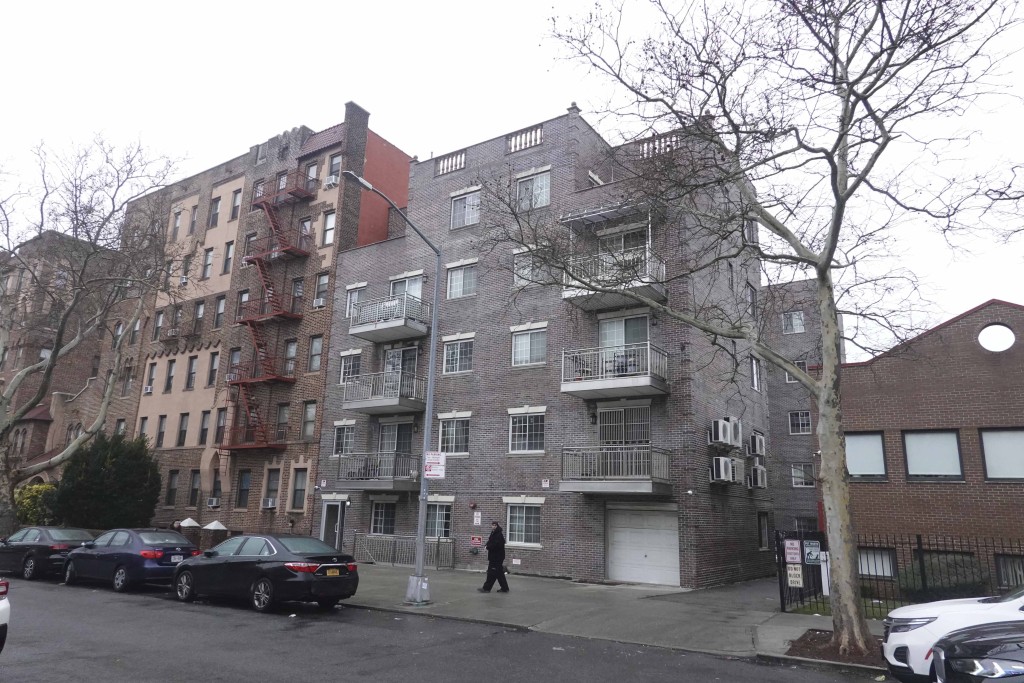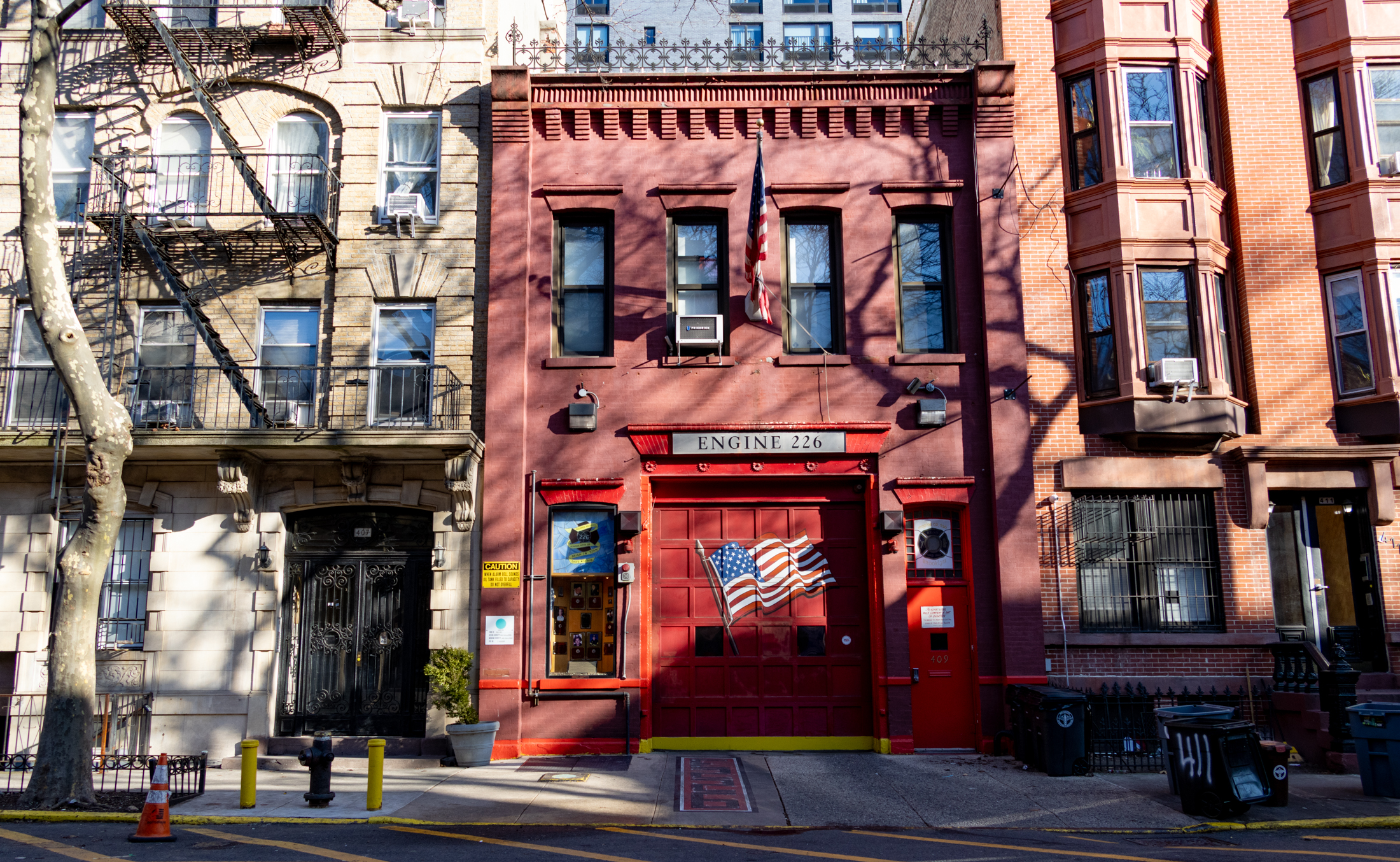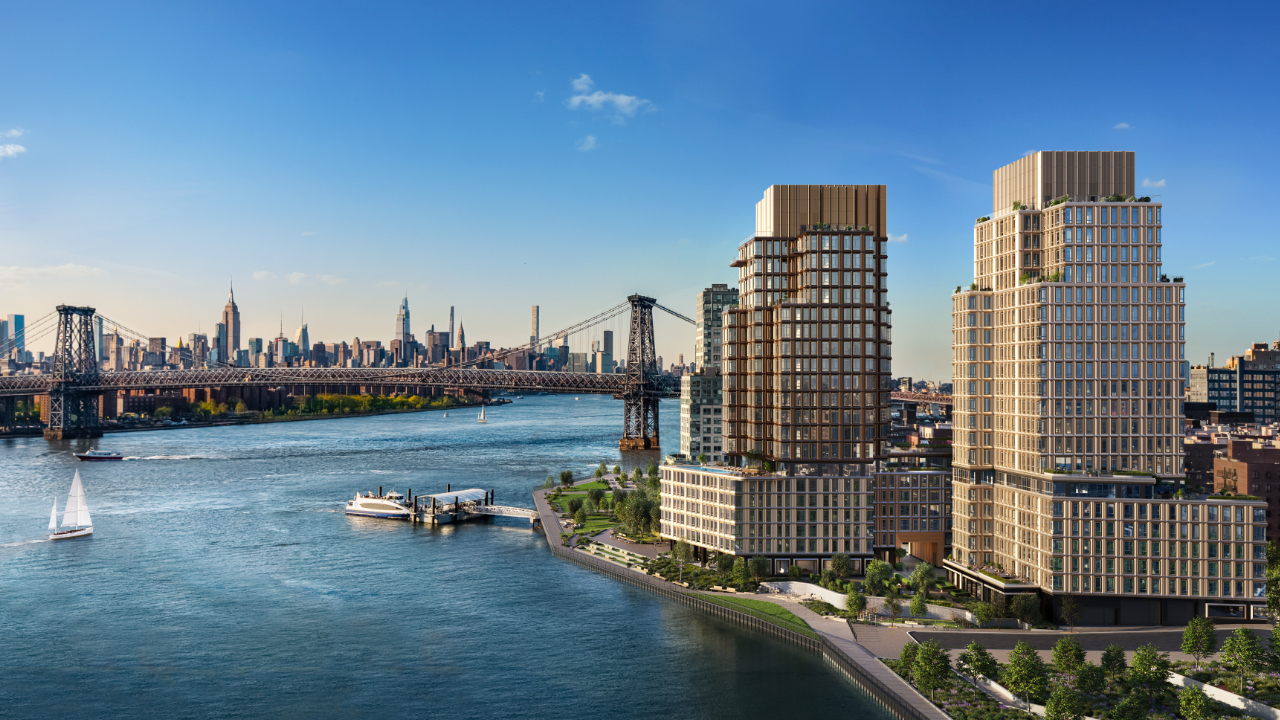How Bad Will The Market Be in '07?
Business Week asked a bunch of economists to look into their crystal balls to try to predict what the housing market would do over the next year. The general consensus was not too encouraging: Home prices will continue to fall in some markets, and the rate of price appreciation will slow in most places. Declines…
Business Week asked a bunch of economists to look into their crystal balls to try to predict what the housing market would do over the next year. The general consensus was not too encouraging:
Home prices will continue to fall in some markets, and the rate of price appreciation will slow in most places. Declines in homes sales, which directly influence price trends, will set the stage for another year of price decreases in 2008. Foreclosures will continue to increase. For those struggling to hold onto their homes, their net worth will shrink as these homes lose value. Long-term mortgage rates will rise. Housing starts will see double-digit depreciation, the sharpest decline since 1991, the worst year for housing starts on record.
You want the good news? Home prices are predicted to be flat to up slightly on a national level in 2007, with many large markets seeing small increases. (Of course, if you own in Southern California, Florida, and Las Vegas, you’re screwed.) And although new home sales are almost sure to be down for the year, existing home sales will probably be flat. And in a glass-half-full spin, housing starts aren’t likely to suffer as sharp a drop as they did in the early ’90s or early ’80s.
How Bad Will the 2007 Property Market Be? [Business Week]





continuing from above….
I would actually prefer something that I could fix to my need b.c I personal hate most of the bling/bling finishes that are being put into most of the new “renovated” places. Who wants floor to ceiling tiles in a kitchen, or 6 whirlpool baths, or stainless steel everything.
Give me an old fashioned clawfoot tub, good MEPs, a building that is structurally sound and I will be happy to take care of the rest … all at the right price of course.
“Today’s buyers want all the luxuries and amenities. They are far less likely to have the time or desire to put in the sweat equity to purchase an undervalued piece of property and upgrade it to meet their needs.”
I would be more than happy to buy an undervalued property (in FG or PS) and upgrade it, the problem is that these types of properties are still priced very high. I cant see paying $1.7+ for a place and them have to spend hundred of thousands to upgrage it, not to mention the headache that comes with a removation (and I am not one of those people who need or want central A/C). I mean, there are sellers that have been in their properties for 20+ years, never even bothered to update the electricity and they still want top dollar for these houses – its the epitome of greed.
“throw into this the projected housing crunch by 2030 with at least 1 million new residents in nyc”
Is that when the market’s supposed to bounce back? Damn. Long time to hold on.
“Today’s buyers want all the luxuries and amenities. They are far less likely to have the time or desire to put in the sweat equity to purchase an undervalued piece of property and upgrade it to meet their needs.”
Partly true, owing to the extremely spoiled and materialistic culture we now live in. But there seem to be a lot of folks on this blog willing to put in the time to fix up their places…although the argument could be made, if one believes the market is overvalued, that they are putting money into places that are overvalued instead of undervalued, as our parents might have done. But they are still putting in the time and effort.
throw into this the projected housing crunch by 2030 with at least 1 million new residents in nyc
“…housing in nyc has always been nuts, but never as nuts as this…”
Yup. NYC housing has always had a high intrinsic value compared to the rest of the world. However, since WWII, it’s median price appreciation ‘curve’ has always wrapped itself around the average inflation ‘curve’ between booms and busts. If it’s true that history repeats itself, housing will have to crash land back into inflation (Fed’s public enemy #1) and would likely overshoot upon arrival as it did after departure.
Like a poster earlier said, if you’re already vested in the market (and have been for a few years) this doesn’t mean so much. Prices of new places will lower along with your property value.
But for first time buyers this is a huge deal. If you put 10% down and the market drops 10% you’ve lost 100% of your investment. And for existing home owners the biggest impact is that if you want to move, sell your previous home first. Otherwise you could easily get trapped with two mortgages. Nightmare.
There’s also an ancillary negative wealth effect to the local economy in general, but that’s harder to quantify.
And as many have discussed, the supposed Wall Street is a myth. As is the “it’s different here” argument.
“ask youself this: how come our parents, on middle class salaries, could afford some sort of house at a time when down payments required 20%, but now people who make six-figure salaries can’t afford anything even with 0% down?”
What is considered middle class or middle income now ($75k to $100k per year) was considered very well off 30 years ago. The housing market back them was in a major slump. And, prices reflected that fact. With the current market, someone making $75k to $100k can not afford to buy in NYC, that is unless they have been saving (while renting) for several years.
Today’s buyers want all the luxuries and amenities. They are far less likely to have the time or desire to put in the sweat equity to purchase an undervalued piece of property and upgrade it to meet their needs. Also, (A/C, after the crack epidemic) some neighborhoods are such shit holes that no one in their right mind wants to live in them!
30 years ago buying a house in Bed-Sty was a good idea, now, hell no! They may be cleaning up Harlem (Strives Row, Sugar Hill, Inwood, Washington Heights). But these neighborhoods are still pretty skanky. I this past weekend, I was on my way to three different open houses, on a Sunday afternoon at 2:30pm I saw an open hand drug deal, heroin addicts dividing up their stash, and had a panhandler begged me for loose change. This all took place in locations where the co-ops/condos were priced at $400k to $1.5mil. Why in the hell would I buy anything in these “up and coming” areas?
I’ll hold onto my money and keep looking.
if a couple makes 150k per year and they invest in a one-family in north queens, with a down payment of 20%, and the (advertised) average home is costing 700-800k, the payments would be upwards of 3600 per month – that’s not counting tax, insurance, heat, etc. everything marked under 700-800k needs at least 100k worth of repairs.
where are the first-time home buyers coming from? with average rents in northern queens around 1500-1600 a month it doesn’t even pay to buy a two-family.
where are all the first-timers with this kind of cash flow? how can second time buyers move up with no one coming in at the bottom? how long can sellers continue to hold out with the high prices before the log jam of inventory forces them either to take the house off the market or capitulate?
how can a market that doubles house prices in five years expect to correct in eighteen months? how can a “reduction” of $5000 or an offer to pay closing costs affect a mortgage payment?
how many bonused brokers buy new places each year? will this demand set nyc on the track to 15% price increases again?
i seriously think that everyone who is optimistic about this market is a homeowner, and everyone who is pessimistic is a wannabe homeowner. neither is a realistic bellwether of future trends, however, the facts are clear: housing in nyc has always been nuts, but never as nuts as this.
ask youself this: how come our parents, on middle class salaries, could afford some sort of house at a time when down payments required 20%, but now people who make six-figure salaries can’t afford anything even with 0% down?
the answer to that should answer any questions about the directions of this market.